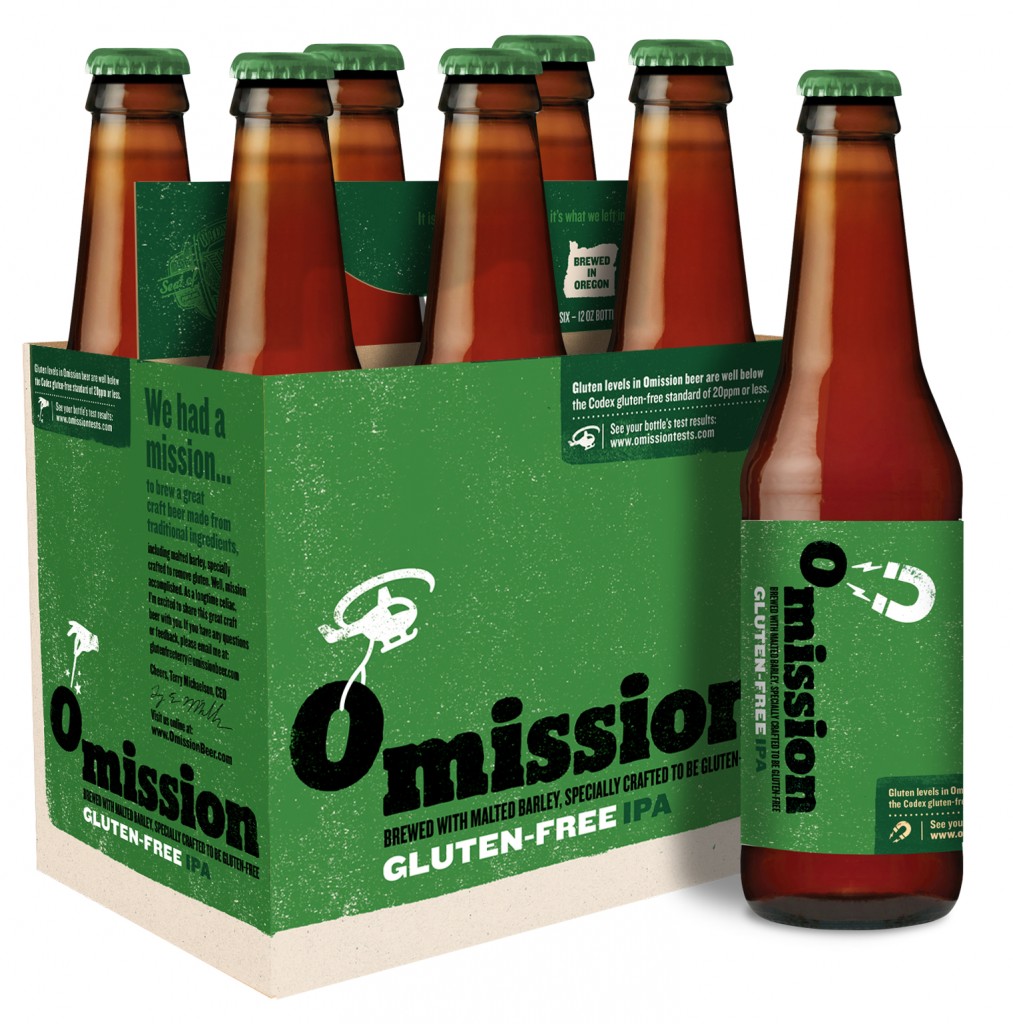
With the entire market for gluten-free foods and beverages approaching $5 billion in annual sales, some craft brewers are beginning to recognize the new growth opportunities. Among those benefiting from the recent surge in sales is Boulder, Colo.-based New Planet Beer, who after just five years in business is nearly national. Later this month, the company will enter its 45th and 46th states with expanded distribution through General Beer Distributors in Wisconsin and Favorite Brands LLC in Texas.
But New Planet isn’t alone. Craft Brew Alliance, which produces and markets the Omission line of ‘gluten-removed’ beers, said during a recent investor call that the brand is now 3 percent of the company’s total output. And according to market research firm IRI, gluten-free beer dollars sales in supermarkets eclipsed $8.3 million in 2012, a 55 percent uptick over 2011.
This growing opportunity is one reason why New Planet has been steadily expanding its reach into new markets over the last three years. Peter Archer, the company’s marketing manager, said he believes that the addition of Texas and Wisconsin will help New Planet continue building on an already impressive 20-plus percent year of sales growth.
But while an increasing amount of celiac and gluten-restrictive beer drinkers has meant increased sales opportunities for New Planet and other manufacturers, Archer believes that the a shortage of ‘truly gluten-free’ craft beer producers has presented a variety of marketplace challenges.
“One of the hardest parts for us is this consumer expectation that every retailer will carry some sort of gluten-free beer,” he said. “There are maybe 12 gluten-free beer producers in the country trying to up the ante with ingredients not traditionally found in craft beer.”
Those ingredients — like sorghum, brown rice and corn extract — are the base components for a majority of New Planet’s offerings. Omission Beer, on the other hand, is made with malted barley and then specifically crafted to remove gluten.
The difference in ingredients has made waves: New Planet and The Celiac Community Foundation of Northern California expressed their concerns over Omission Beer labeling after recent U.S. Food and Drug Administration (FDA) regulations defined the term “gluten-free” for voluntary food labeling.
“Labeling and education is so important,” Archer said. “There is a lot of misleading PR that has been out there since the FDA ruling came out. Some of our customers are starting to get confused. We just want to be as transparent as possible, from start to finish, with our beer.”

“At Omission Beer, we applaud the FDA for bringing U.S. rules in alignment with the global standard for gluten-free,” Terry Michaelson, the CEO of CBA said in a press statement following the FDA announcement. “Our beer tests well below the 20 ppm standard.”
That may be the case, but until the TTB rules, Omission is still prohibited from displaying the phrase “gluten-free” on packages sold outside of Oregon. Obviously, however, sales are still growing.
Meanwhile, it’s business as usual for New Planet, who said both the FDA ruling and an imminent TTB ruling won’t change how its products are labeled. For now, Archer said the company is committed to innovating new beer styles and is even exploring ways for offering its on-premise retail partners a more consistent supply of draft beer, a particularly problematic area for most gluten-free beer makers.
“It takes a lot of time, education and knowledge to clean the draft lines properly so there is no chance that a gluten protein could contaminate the beer,” Archer said. “In our out-of-state markets, we would concentrate on retail partners that have a good draft technician partners in place.”